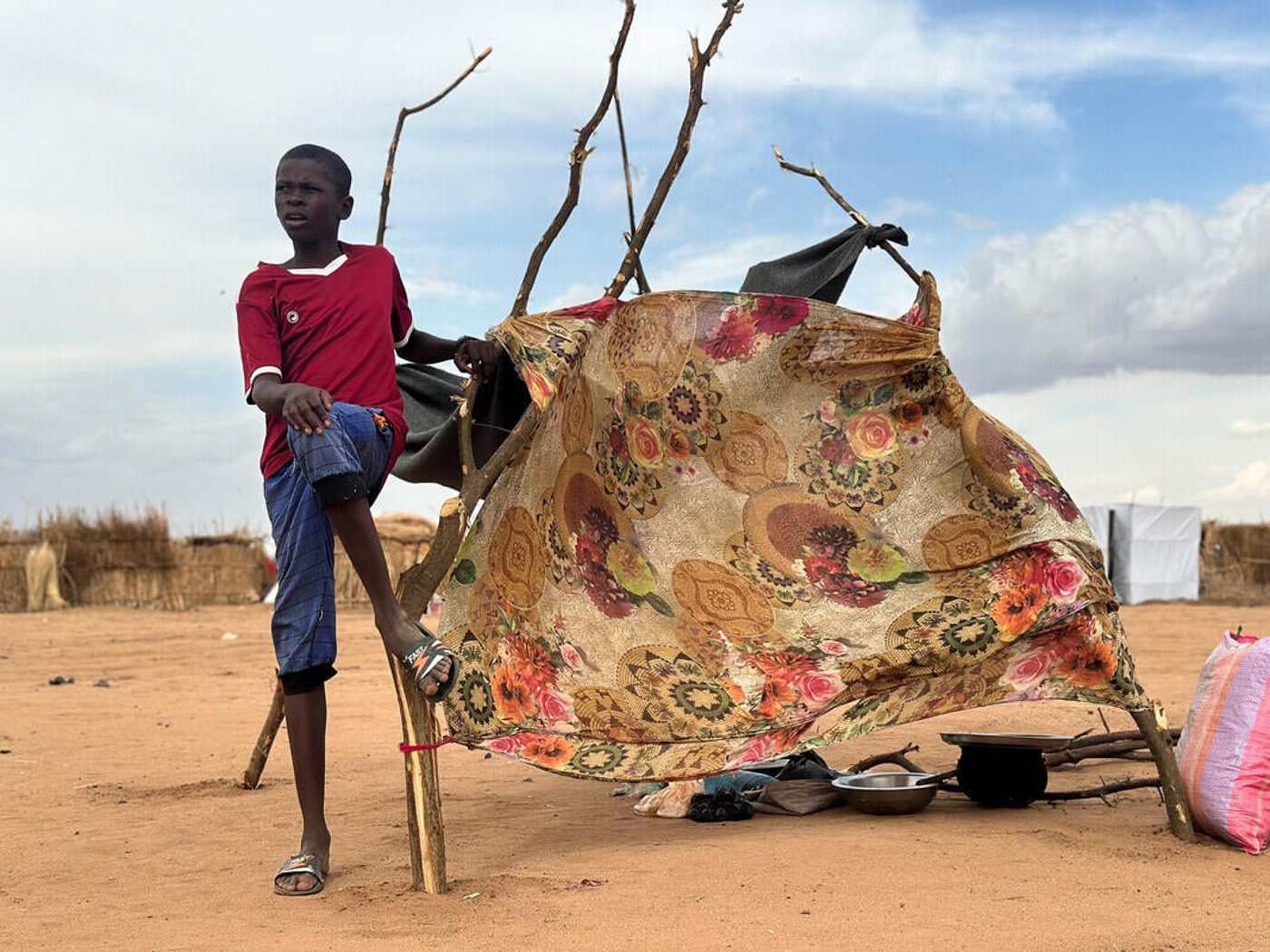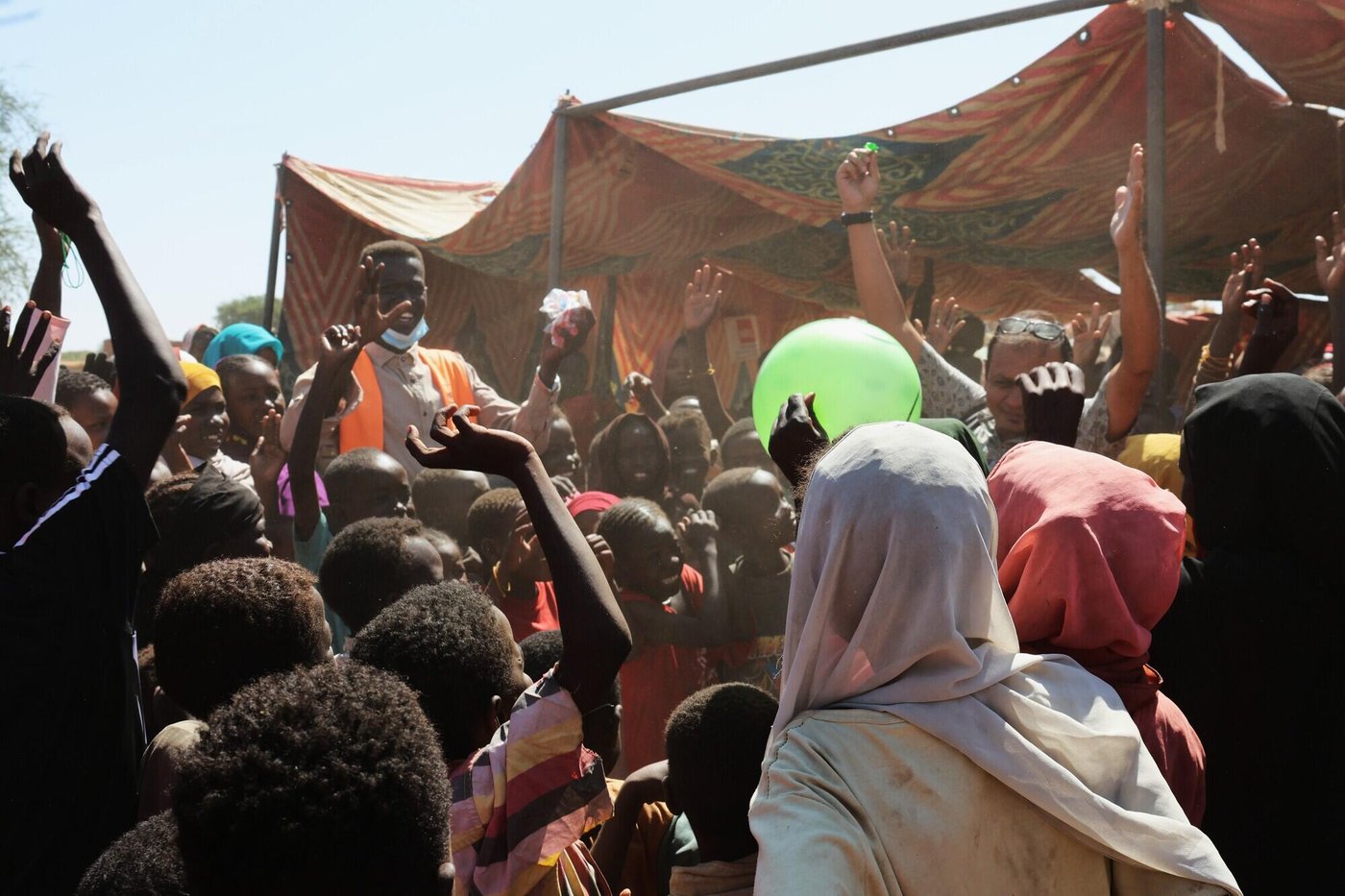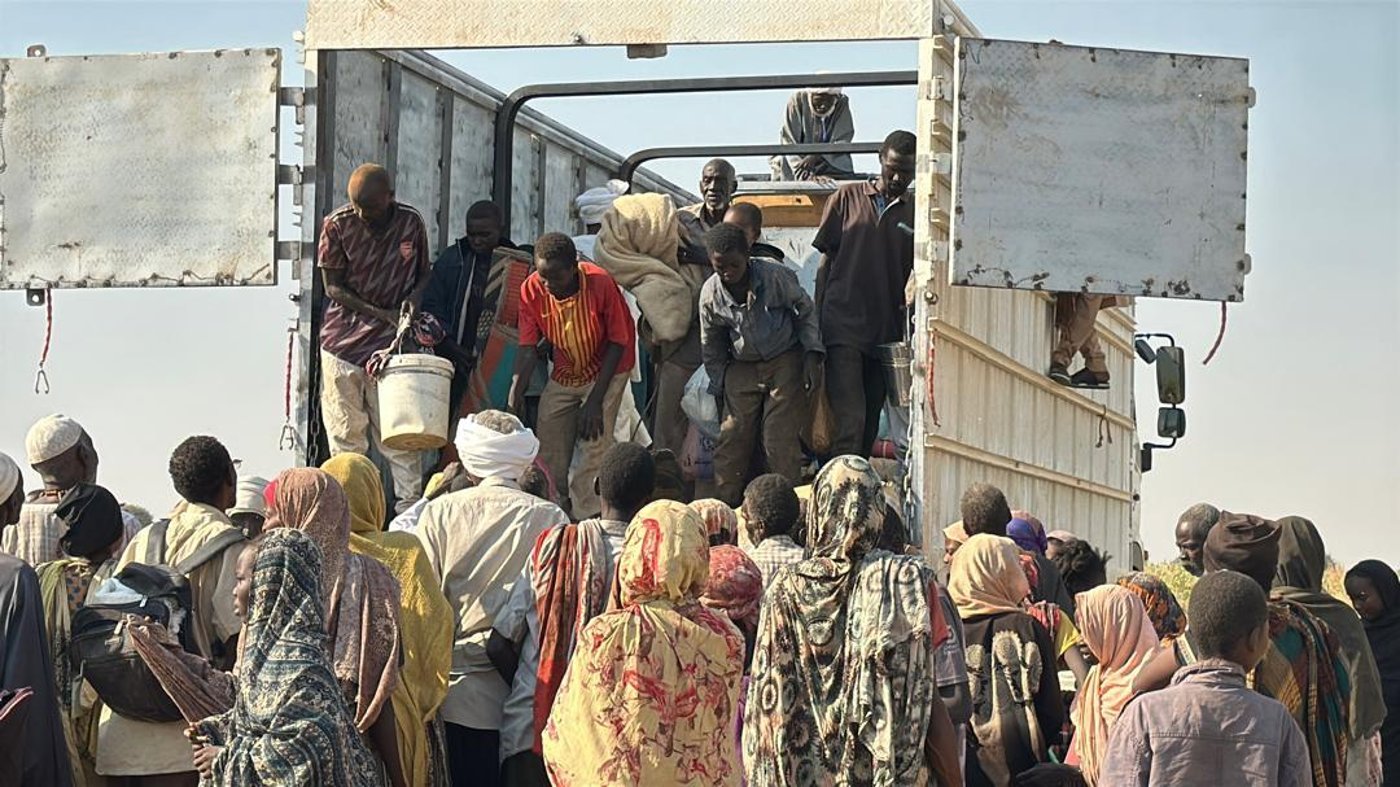Crisis in Sudan
This is Sudan's darkest hour. The relentless violence, massive displacement, and severe funding cuts demand immediate and decisive action.
What is happening in Al Fasher?
Al Fasher is the capital of North Darfur in western Sudan.
The city has been under siege and bombardment by the Rapid Support Forces (RSF) since April 2024. Using starvation, siege and denial of aid as tactics of war is illegal under international humanitarian law.
In recent days the situation has deteriorated even further.
On 26 October, the RSF captured the city following a major offensive. This was the Sudanese Armed Forces (SAF) last stronghold in Darfur.
Entire families killed
Hundreds of thousands of civilians, including many children and elderly people, are still trapped, under fire, and running out of food, water and medicine, as markets and hospitals have been destroyed.
Reports from open-source satellite imagery show civilians being targeted as they flee. Lifeless bodies are visible lying near the berm that surrounds the city.
We are hearing about house-to-house raids, and we have received distressing reports of people hiding in holes underground to survive, as entire families are being killed.
460 people – patients, caretakers, civilians who were seeking refuge – were slaughtered in the Saudi Maternity Hospital of Al Fasher.
Deadly escape
In Tawila, 60 km from Al Fasher where we work, people are trickling in — exhausted, starved, traumatised, injured — many of them with missing relatives.

Many of those fleeing are escaping on foot and donkey, departing in groups at night.
The moderate number of people arriving in Tawila suggests many civilians are stuck in no-man’s land – unable to flee, possibly detained or killed.
Many of our colleagues have no news from their families, as they tried to escape the city.
Aid workers not spared
The very people who kept their communities alive - local responders, doctors, nurses, and aid workers -are now being hunted and attacked.
Out of the seven local partners that the Norwegian Refugee Council (NRC) works with in Al Fasher, five have lost contact with their entire teams or staff members. Two organisations have been completely unreachable for the past 48 hours.
Local volunteers, who have risked their lives to support communities for months are in grave danger of being specifically targeted, most of them are unaccounted for.
No one is spared – and many of our Sudanese colleagues are grieving the loss of loved ones.
Tawila – a place of refuge?
Those who are now able to escape Al Fasher are heading to Tawila, where, since April, over half a million people have already arrived from Al Fasher and nearby towns.

The town is an open-air camp, already at its breaking point: there is a widespread cholera outbreak, families surviving on scraps, sleeping in the dirt under shelters made from straw, with barely any access to clean water and toilets.
Over the past two days, NRC has been running day and night shifts at the camp's reception centre and has registered around 3,000 people.
With our support, local responders are running 10 community kitchens that provide a meal – the first one in days – for those arriving.
We are coordinating to arrange temporary housing and are registering people for cash assistance, while our partners distribute hygiene kits.
In the coming days, NRC’s team will also begin psychosocial support activities for children.
Support refugees and displaced people in 40 countries around the world.
What needs to happen?
This crisis can be halted, but only if the international community acts decisively and together. We urge all governments, regional bodies, and the United Nations to:
- Guarantee safe movement of civilians fleeing. Civilians must be allowed to leave Al Fasher safely. They must be able to move freely and safely, without extortion or attack.
- Protect civilians and aid workers. Demand an immediate end to indiscriminate attacks and ensure hospitals, displacement sites, markets, and schools are never targeted.
- Provide safe humanitarian access to Al Fasher and towns along the route in places where displaced people are stranded. Aid must be permitted to enter without restriction or interference.
- Provide flexible and rapid funding. Increase life-saving support to areas receiving new displacements such as Tawila, and reinforce the work of local responders providing food, water, health care, and protection services.


